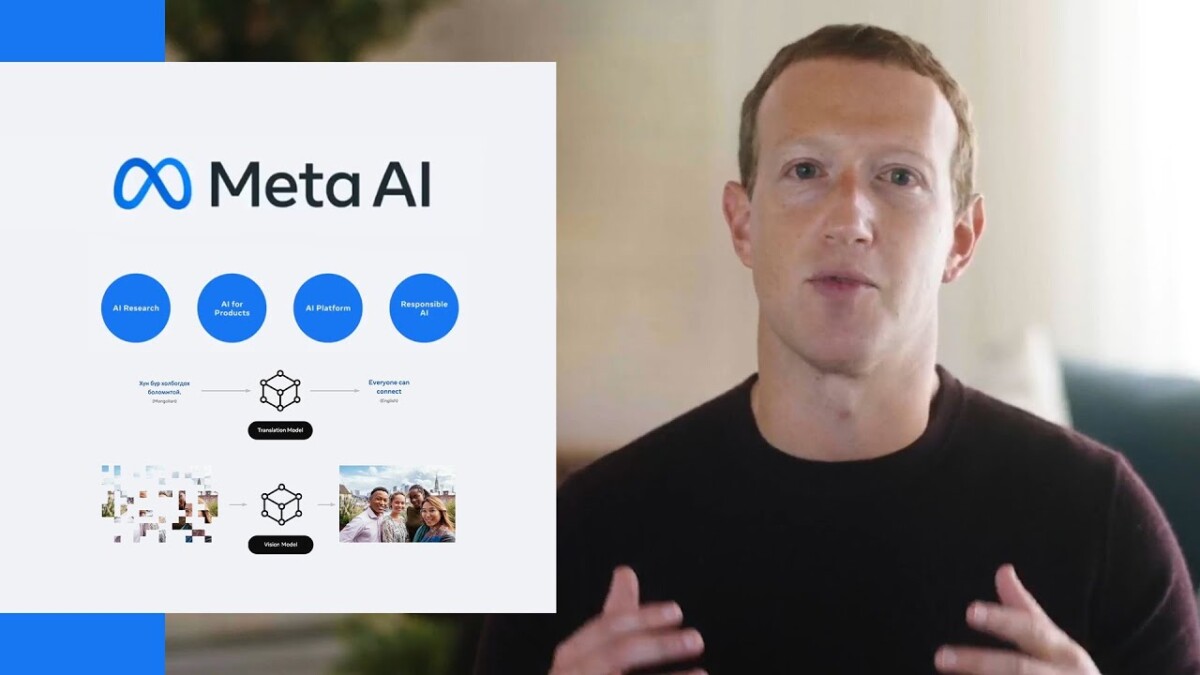Will it be more difficult to find, in the future, illegal sites to watch movies in streaming or to download movies, music or songs ?
After the decision of the Court of Justice of the European Union in the case UPC Telekabel of 27th March 2014, it may well be the case.
Classical facts
Austrian rightholders (two Austrian film production companies) found that a website (kino.to) allowed users to download or watch in streaming some films which they had produced and of course without their agreement. The site would have generated for its owners millions of euros.
This was followed by proceedings brought by the two production companies in order to prohibit UPC Telekabel (an Austrian Internet Service Provider-ISP) to allow its customers, to have access to the website in question. The case came in the hands of the Court of Justice of the European Union.
A little reminder of important legal provisions
The matter of copyright is partially harmonized at European level through 8 European directives.
The most important of these is the 2001 Directive on the harmonization of certain aspects of copyright and related rights in the information society. This Directive harmonises the protection of the rights of reproduction and communication to the public and the right of making available. It also incorporates, in its Article 8.3, the fact that Member States should “ensure that rightholders are in a position to apply for an injunction against intermediaries whose services are used by a third party to infringe a copyright or related right.”.
The question in this case was whether an ISP can be considered as an intermediary “whose services are used” by a third party to infringe the rights of authors and holders of related rights such as producers or artists. And if so, how have to react / act the ISP in question to respect both the wishes of the freeze order it would have reached and the expectations of its customers to be able to surf the internet freely.
A service provider to all internet
According to the European jurisdiction, an ISP is to be considered as an intermediary within the meaning of Article 8.3 of 2001 Directive against which a judicial order may be started to obtain blocking of sites capable illegally to download or to watch streaming protected content.
According to the Court of Justice and following the findings of the General Advocate, all ISP are an mandatory actor on internet for infringement transmissions between a client and a third party who has allowed such infringement since an ISP, granting access to the network of networks, makes this transmission possible.
Moreover, since the objective of the 2001 Directive is to ensure a high level of protection of the rights of rightholders, it is not necessary that the order reaches the ISP that had a contractual relationship with the person who allowed the counterfeits. It should not either demonstrate that ISP customers have actually consulted the website referred to in the order, the 2001 Directive only requires that Member States have the obligation to protect the rights of holders as when violations have held and when they are likely to occur .
The Court in a difficult balancing exercice
An ISP is well worth considering as an intermediary within the meaning of Article 8.3 of the 2001 Directive whose services may be used by a third party (operator websites for example) to make works and services available to the public and without the consent of the rightholders.
What should now contain the order / injunction a judge decides in respect of a particular ISP ? Must the injunction contain in detail all the measures that the ISP will have to implement in order to respect the order/injunction or may it merely only require him a result to reach leaving the ISP the judge of the technical measures that have to be taken?
In this regard, the Court will try to coexist the respect for different conflicting fundamental rights : the right of ISPs to continue to carry on their business (free trade), the rights of the public to be properly informed thanks to internet (freedom of information in its appearance “receiving information “) and the rights of rightholders to see their rights respected and protected (protection of intellectual property rights) (paragraph 47 of the judgment).
The Court will attempt a true work of craftsmanship to achieve a “fair balance” between the various fundamental rights involved.
According to the Court, any order in this matter which leaves it to the ISP to determine the measures to be taken do not affect the substance of the right of the ISP. However, it is necessary that the legislation in question may allow the ISP (and before a decision imposing a penalty may be adopted against him) the possibility to demonstrate that “the measures taken were indeed those which could be expected of him in order to prevent the proscribed result“.
But the ISP will not have to take any technical measure. No, these measures must be “strictly targeted” in the meaning that they will have to prevent infringements of intellectual property rights without affecting ISP ‘s customers who lawfully use his services.
Otherwise, said the Court, “the provider’s interference in the freedom of information of those users would be unjustified in the light of the objective pursued” (paragraph 56 of the judgment). The national procedural rules must provide a possibility for internet users to assert their rights before the court once the implementing measures taken by the ISP are known (paragraph 57).
Surely and certainly protect copyright online rights is not yet feasible. Any measure of blocking or filtering is likely to be circumvented by some at any given time. Protection of intellectual property is therefore not intangible and can not be absolutely guaranteed.
The Court knows it. That’s why it declares that ISPs are not required to take technical measures, even if they are feasible, are not likely to be described as reasonable.
ISPs must ensure that they have taken measures that:
1. do not unnecessarily deprive internet users of the possibility of lawfully accessing the information available;
2. are sufficiently effective to ensure genuine protection of the fundamental right at issue;
3. have the effect of preventing unauthorised access to protected subject-matter or, at least, of making it difficult to achieve;
4. seriously discouraging internet users who are using the services of the addressee of that injunction from accessing the subject-matter that has been made available to them in breach of the intellectual property right.
Conclusion
This judgment may have far-reaching consequences.
Indeed, the subject is sensitive and very broad. The Court, in its decision, tried to achieve a difficult balance .
We can not require an ISP to take action that is known impossible to implement and we must already know that measures of blocking or filtering can be circumvented one day or the other.
However, the ISP can not hide itself behind these arguments for refusing to intervene.
Indeed, 1. ISP should intervene (because it is indeed an intermediary referred to in Article 8.3 of the 2001 Directive) (part of the European decision) and 2. measures that it will be required to take must be effective, preventing counterfeit or made them very difficult to be made and seriously discouraging potential users who would benefit from those illegal sites (second part of the decision).
The Court said no more since leaving it up to future national courts to construe these conditions according to their own laws.
No doubt that the exercise will be perilous.
Pictures from: Icon made by Freepik from Flaticon.com – Hand designed by Luis Prado from the Noun Project – Creative Commons – Attribution (CC BY 3.0)

















